A core challenge facing Prime Minister Anwar Ibrahim is how to raise national competitiveness. For the 13 months he has been in office, he has not tackled it head on.
For Malaysia to become competitive regionally and internationally, it must have at least three important ingredients – national unity, political stability and some promising prospects.
These are being developed silently but surely in Malaysia. While there are misgivings about our education system, Anwar is handicapped in handling that because of his own vested interests.
The cabinet reshuffle on Dec 12 has to be seen with sympathy and understanding. The PM is evidently struggling, searching for a way out of the quagmire the nation is in.
On Dec 19, China was reportedly included in Malaysia’s “Look East” policy. This was to rectify a fault in former prime minister Dr Mahathir Mohamad’s flawed policy.
The policy focused on learning from the economic success stories of East Asian nations like Japan, South Korea and Taiwan. But it had neglected the work ethos of the colossal Chinese civilisation.
However, Anwar’s task is still a work in progress. It is not yet done. Some critics see it as an impossible project because Anwar himself had once assiduously contributed to the deeply conservative direction the nation has taken.
Deep conservatism undermined the role of women, especially Muslim women in particular and non-Muslims in general.
While not as alarming as the situation in other countries, including some secular ones, it has some sharp edges. Thankfully, we are spared from the Buddhist religious extremism evident in Sri Lanka and Myanmar.
Best man for the job at the moment
Many analysts evaluating Anwar’s unity government are harsh and critical. They cannot or choose not to recognise the inherent centrifugal and centripetal forces.
They ignore the larger aim of a sound, sophisticated formula for an emerging political equity structure. The targeted structure is broad based, much less asymmetrical than Mahathir’s 1980s era.
That old decrepit asymmetrical mechanism was maintained until Najib Abdul Razak lost power in 2018. His successors Muhyiddin Yasin and Ismail Sabri Yaakob tried to revive it.
Now a new balanced equity in terms of political equilibrium is taking hold. It is being nurtured under a relatively united national leadership institution that reflects the spectrum of the entire nation.
Anwar’s political opponents manifest the worst aspects of ethnic and religious extremism. Many are products of Mahathir’s 22 years at the helm.
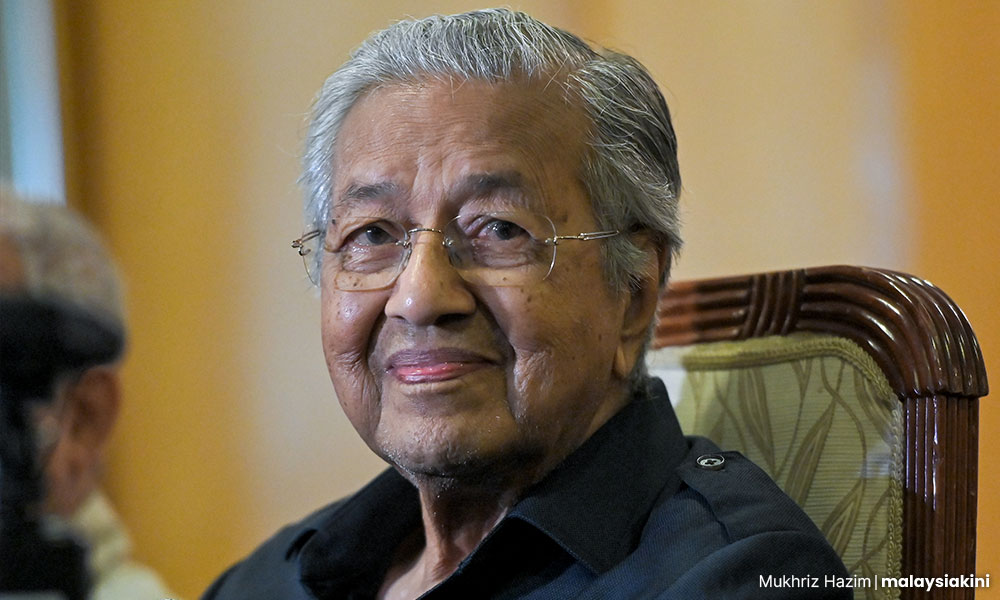
Mahathir himself paved the way for powerful and shadowy warlords to emerge. They engaged in divisive politics, accumulated wealth and governed the states like some feudal private estate.
Some shadowy undeclared billionaire politicians may have been able to leverage their closest political allies who represented the minorities. They probably could do this because they had control or influence over sections of the political and government machinery, the banking and corporate sectors, and the media.
Overpowering control of the national narrative and national institutions enabled then prime minister Najib to indulge in grand larceny and graft. It took people’s power, manifested by Anwar’s reform movement, to bring Najib down.
But the essential role played by Anwar’s reform agenda has been forgotten, and far too much attention is being given to his problematic past.
As a university student leader, he was a rabble-rouser, rash in his agitation and even reckless in pursuing his demands. Later, to establish his credentials as an Islamic leader, he went overboard with his political Islam. For 16 years, he associated himself with a most divisive leader.
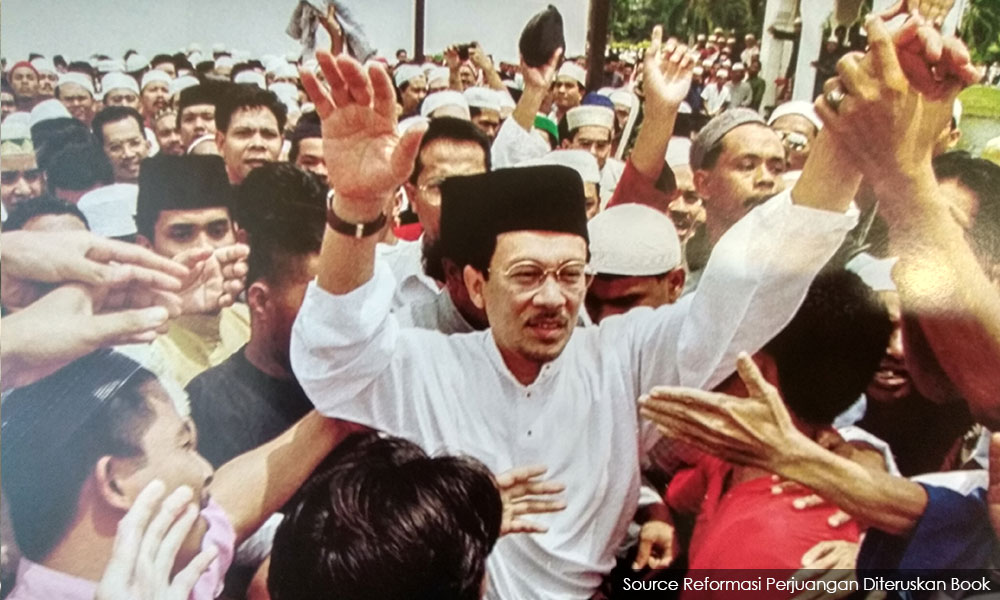
After his fall from grace, Anwar had to weather an assault, personal attacks and character assassination. This went on for close to 20 years.
This second 20-year period was filled with outrageous corruption and scandal.
Anwar is not a perfect human being. But then who is? He has his faults, well chronicled by his critics, but he is, for the moment, the best man for the prime minister’s post. There are other promising leaders but they will need the space and time to realise their full capacity.
Malaysia desperately needs political stability. That will be attained and assured the longer Anwar stays and gets entrenched in office. Policies, practices and people he has put in place to tackle the nation’s many challenges require time, testing, patience and much passion.
Malaysia, despite its strategic location, diverse demographics, strong natural resource base and impressive infrastructure, has seen its national competitiveness slipping for decades.
Successive prime ministers talked of visionary goals but they took a duplicitous stance on religious issues. They revved up sentiments on ethnicity and sharpened divisions between modernisation and morbid conservatism.
The government was not run on the basis of good governance, accountability and transparency but based on slogans, suspicion, fear and distrust of ethnic minorities.
Elections were won with periodic cash handouts and ethnic rhetoric. To stay in power, leaders representing ethnic minorities chose not to address the antagonism towards their communities.
One region that has escaped from this dichotomy is Sarawak. The state has had a stable government for decades, an openness regarding inter-religious respect, and a pragmatic approach to English.
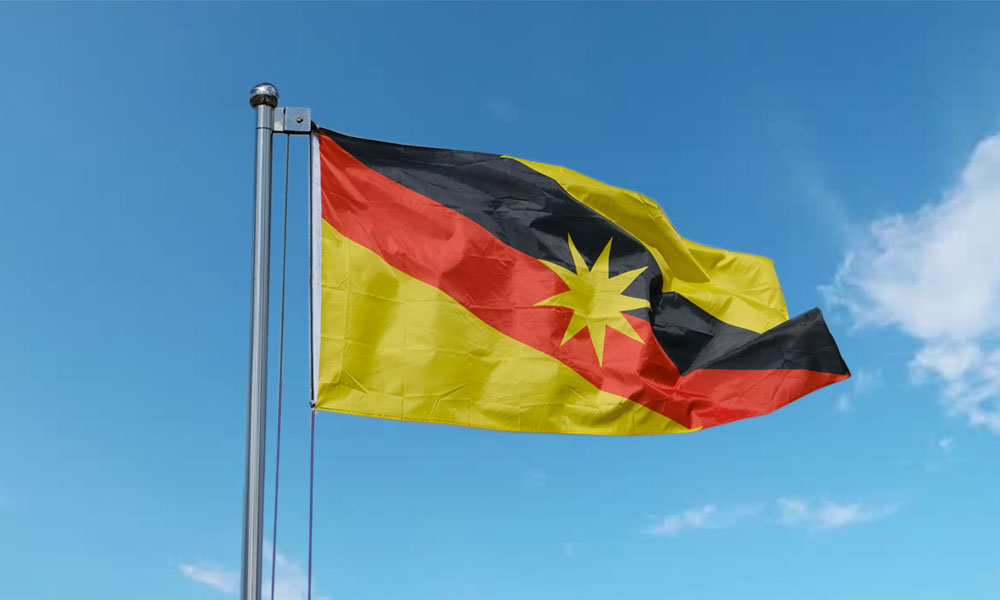
Anwar has now endorsed the region’s stature with his appointment of a federal deputy PM from Sarawak. In the recent cabinet reshuffle, Sabah and Sarawak affairs were placed under this deputy PM’s purview.
These are small but significant steps taken by Anwar, which would have been unimaginable for Mahathir to take.
New king’s focus
From November 2022, Anwar has led the country’s most diverse coalition government. It has functioned fairly well for a full year and it owes its durability in tenure to the responsible role of the various component party leaders, especially those from Sabah and Sarawak.
Within the peninsula, while DAP is strong in many urban constituencies, it does not use its clout to diminish the thrust of Anwar’s slow reform process. It is commendable that the party has not pushed for more cabinet or government positions to match its parliamentary strength.
This is the first tangible evidence of the real reform that Anwar has initiated. Here’s a largely urban-based party, whose members are mostly from ethnic minority groups, working in complete harmony and in step with Malaysia’s first leader since 1981 to have affirmed the rightful place of the minorities in the country.
This is the quality of Anwar’s statesmanship, the DAP’s sacrifice and the maturity of the leaders of Sabah and Sarawak in trying to work for the wellbeing of the entire country.
Such a deep consensual concord did not exist under the paranoid peninsular Malay-first leadership of his predecessors since 1981. Could Mahathir and Muhyiddin be attempting to oust Anwar’s government for this reason?
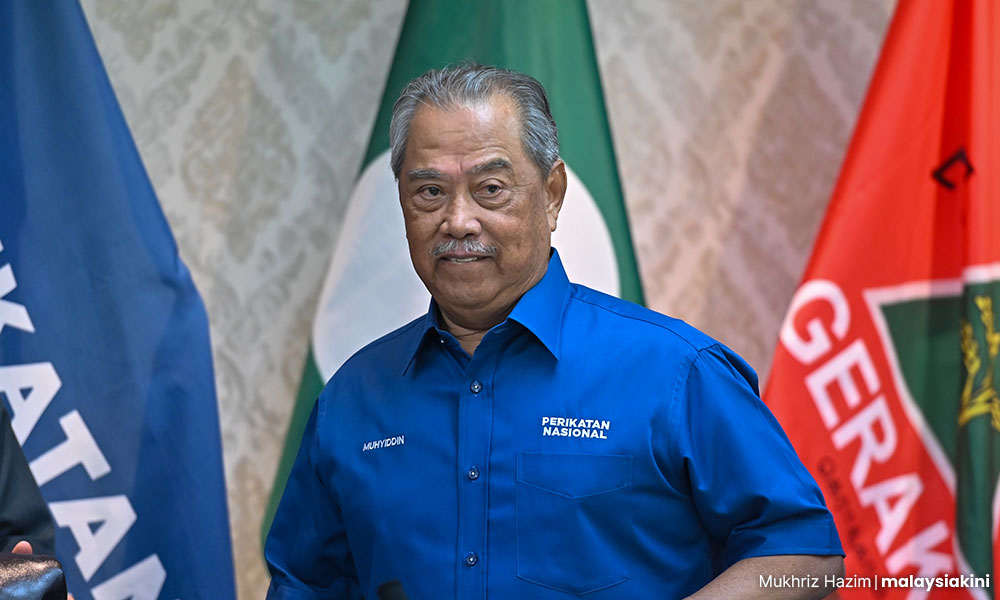
The quality of conciliatory concord that is being built up is the best dividend of Anwar’s year-long administration.
The thrust of this mutual confidence and trust-building amongst the various regions and communities that make up Malaysia is a breath of fresh air. It goes against the careless and crude corruption of a placid, plural society that was indulged in under the Mahathir administration.
The most startling development in recent weeks for Mahathir and his small coterie of allies is the incoming king’s clear stand against corruption. This incoming monarch, the sultan of Johor, has added his voice to two of the most challenging problems confronting Malaysia.
The first is corruption. The incoming king does not have to do much or hunt down the corrupt elements as he has averred. With his unambiguous stand on corruption, many in Malaysia will feel emboldened to tackle corruption as a form of national service.
The members of the powerful supreme political and bureaucratic elite have much to fear. Suddenly, the MACC has acquired a million eyes and ears to monitor corruption. Many ordinary people will now feel encouraged to monitor and report blatant acts of corruption.
Nominees, proxies, frontmen and runners for corrupt high functionaries will now feel vulnerable.
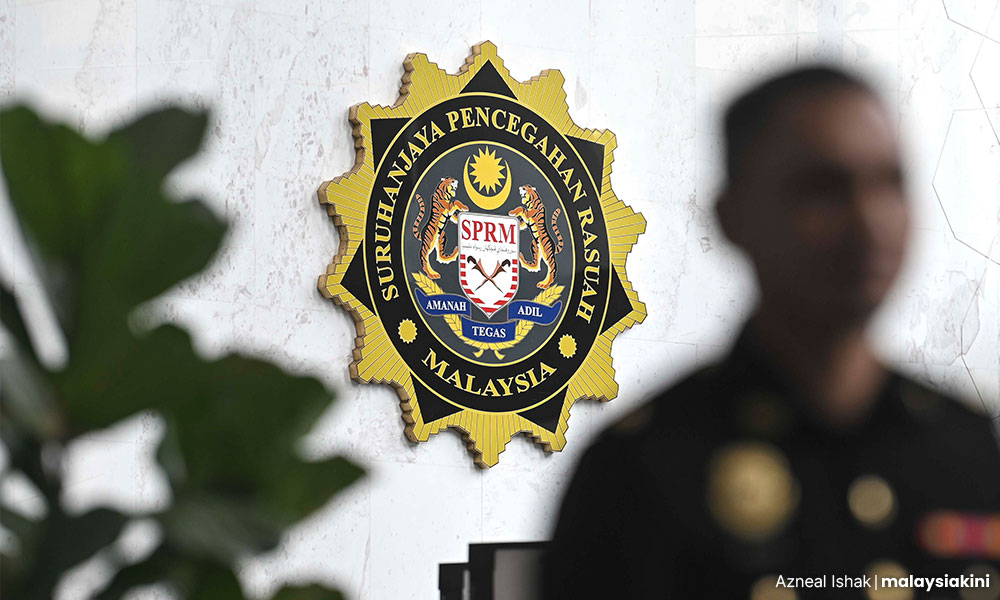
Emir Research had estimated that RM4.5 trillion had been lost on account of leakages and corruption over 26 years. This was an estimate provided in June 2023.
Information of this sort has come on board because the government has been more open about admitting pervasive corruption and abuse of power. The climate of fears about reprisals for reporting corruption is not there now.
The incoming king has added to this openness. When Indonesia’s Susilo Bambang Yudhoyono and China’s Xi Jinping took over the reins of their nations, they both acknowledged how widespread corruption was. Malaysia’s incoming head of state has done the same. It augurs well for the country.
The incoming king’s other focus is on extremism. The Islamic Development Department (Jakim), has built itself into a powerful, overarching bureaucracy. Some observers believe it appears to have encroached, in a backhanded way, into the arena of the Malay rulers in Islamic matters.
It has not been without controversy. For instance, Jakim's policies created an unnecessary controversy over normal Christmas greetings. The insistence on a bureaucracy for halal certification has also prompted concerns or allegations of corruption and an anti-business culture.
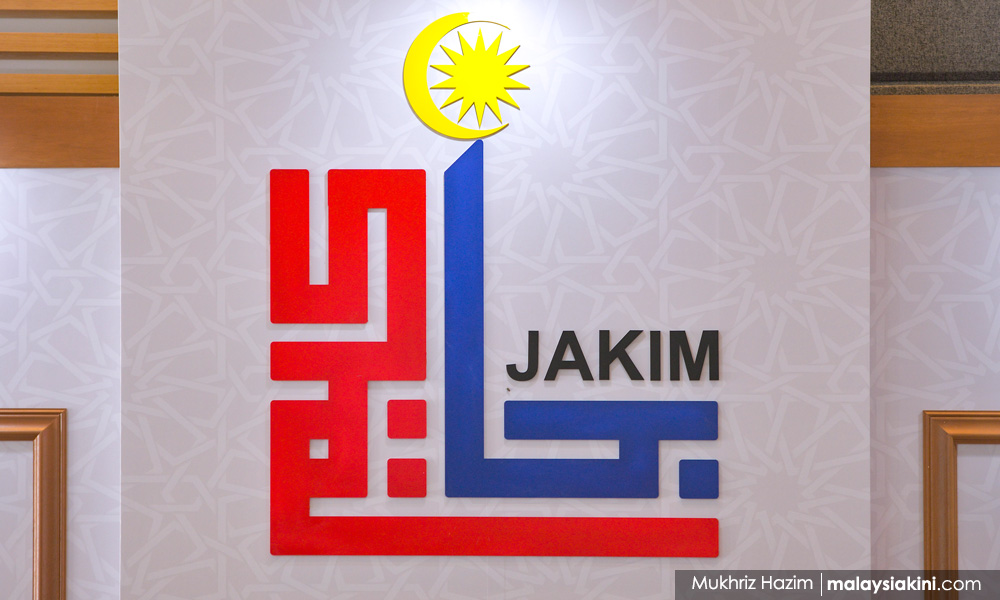
Jakim does not operate in Johor. It would be interesting to see how Jakim will be moulded in a truncated role.
With these developments, Malaysia is certainly in a state of flux as we enter 2024. Let us hope and trust that the country will be more stable, sustainable and successful as a multi-ethnic society with a forward-looking vision of greater unity, strength and equality. - Mkini
M SANTHANABAN is a former Malaysian ambassador with 45 years of public sector experience. This article was first published in Aliran.
The views expressed here are those of the author/contributor and do not necessarily represent the views of MMKtT.



No comments:
Post a Comment
Note: Only a member of this blog may post a comment.